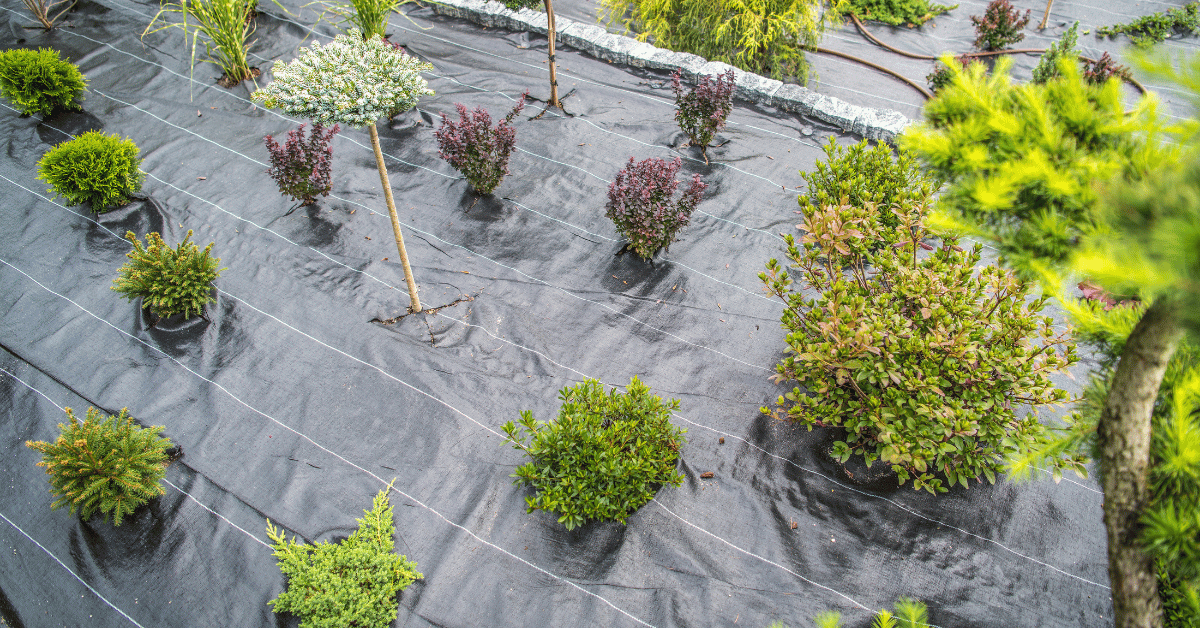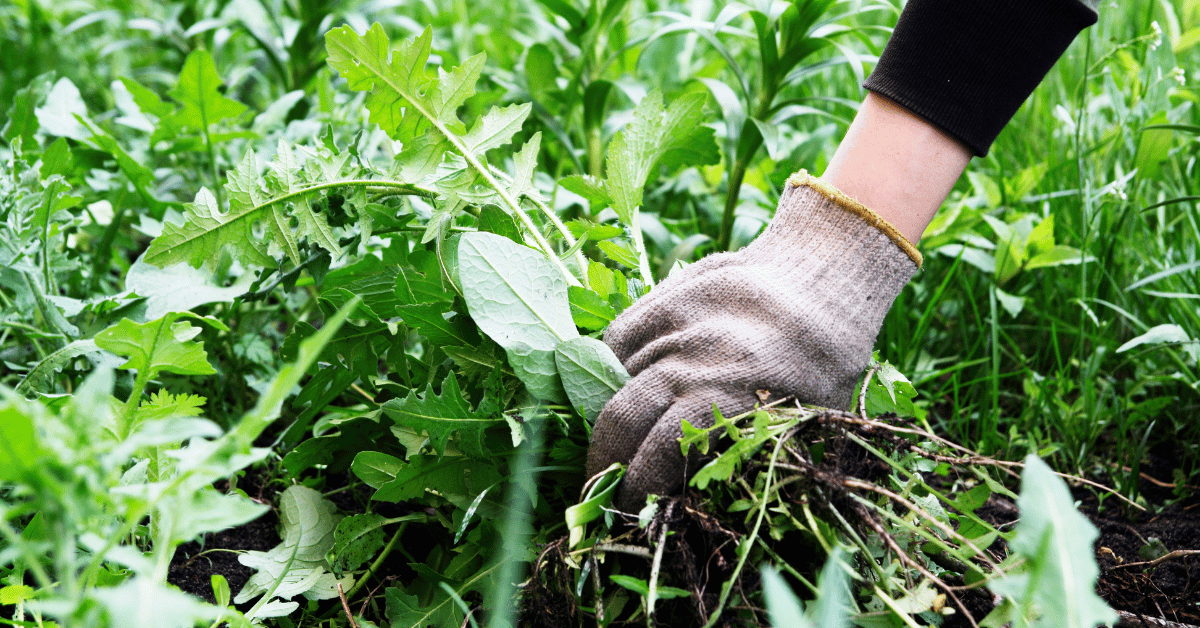
Cannabis cultivation is much more than growing a plant. It’s a regulated, scientific, and carefully monitored process that combines horticultural skill with strict compliance standards. As more regions open the doors to legal cannabis production, cultivators must not only produce high-quality products but also meet regulatory expectations at every step.
Whether you’re new to the space or scaling up operations, understanding the full picture of cannabis cultivation, especially from a compliance standpoint, can help avoid legal issues, reduce waste, and maintain consistent quality. This guide covers what every cannabis cultivator should know, from environmental controls to facility design and regulatory requirements.
fundamentals. The cannabis plant goes through several life stages, each with specific care needs.
Indoor cultivation allows for year-round growing and tighter environmental control, making it easier to maintain consistent product quality. However, it comes with higher energy and infrastructure costs.
Outdoor cultivation is more cost-effective and relies on natural resources, but it exposes the crop to changing weather conditions, pests, and reduced privacy. Site selection and soil quality become critical here.
Each plant progresses through the following phases:
Getting each stage right directly impacts final potency, aroma, and yield.
Every cultivator should focus on creating a stable and productive environment. The smallest detail like a temperature spike or improper nutrient mix can lead to crop loss or non-compliance.
Important factors to manage include:
Implementing pest and disease control through organic methods and preventative planning
Cultivation is a tightly regulated activity. Obtaining the right license and staying compliant with ongoing changes is critical to avoid fines or shutdowns.
Different provinces or states have unique licensing pathways. For example:
Understanding which activities are allowed such as cloning, processing, or distributing is key to staying compliant.
Once licensed, a cultivator must adhere to specific operational practices:
Compliance with these standards ensures safe products and avoids regulatory penalties.
Designing a facility for cannabis cultivation goes beyond aesthetics. Every layout decision should support clean workflows, product safety, and inspection readiness.
A facility that operates with clear protocols not only runs more efficiently but also prepares well for audits and inspections.
testing products it’s about building consistent, safe systems from start to finish.
Effective QA measures include:
Cultivators who maintain solid QA systems reduce risk and build trust with regulators and buyers.

Mistakes can be costly, especially in a regulated industry like cannabis. New cultivators often fall into patterns that create compliance gaps or product inconsistency.
Some of the most common errors include:
Addressing these early can prevent major setbacks and reduce operational headaches.
MFLRC works with cultivators to simplify and strengthen their regulatory processes. Whether launching a facility or refining an existing operation, our team provides critical support, including:
We offer solutions designed to help cultivators meet quality and compliance benchmarks without unnecessary stress or confusion.
Cannabis cultivation is not just about growing healthy plants, it’s about doing it legally, consistently, and responsibly. From understanding plant biology to aligning with regional regulations, every cultivator needs a plan that addresses quality, compliance, and facility design.
A successful operation begins with informed decision-making and continues with disciplined execution. With the right support and structured systems in place, cultivators can avoid costly mistakes and grow their reputation as trusted producers in a competitive market.
If you’re in the process of setting up a cultivation site or facing compliance challenges, MFLRC is here to guide you every step of the way.
| Disclaimer |
| The above blog post is provided for informational purposes only and has not been tailored to your specific circumstances. This blog post does not constitute legal advice or other professional advice and may not be relied upon as such. |

MFLRC is a one-stop shop for all of your Licensing, quality assurance and compliance needs. Our team has years of experience in the cannabis industry and are experts in all facets. We offer a variety of services that will save you time and money. Let us take the burden off your shoulders so you can focus on what’s important – growing your business.
Contact us Now!
Mussarat Fatima, President, and owner of MF Cannabis License and Regulatory Consultants has more than twenty years of experience in Quality Assurance, Quality Control, and Regulatory Affairs within the pharmaceutical, Food and Cannabis industries. She has a Master’s Degree in Food Sciences and Biochemistry; in addition to this, she also has a diploma in pharmaceutical Quality Assurance, Regulatory Affairs, and Quality Control. Also, she has completed several certifications specifically in Cannabis Quality Assurance, Regulatory Affairs, and Facility management from recognized institutes in Canada.

Written By: Mussarat Fatima
President at MF License & Regulatory Consultants
Website: https://mflrc.com/
Contact: info@mflrc.com